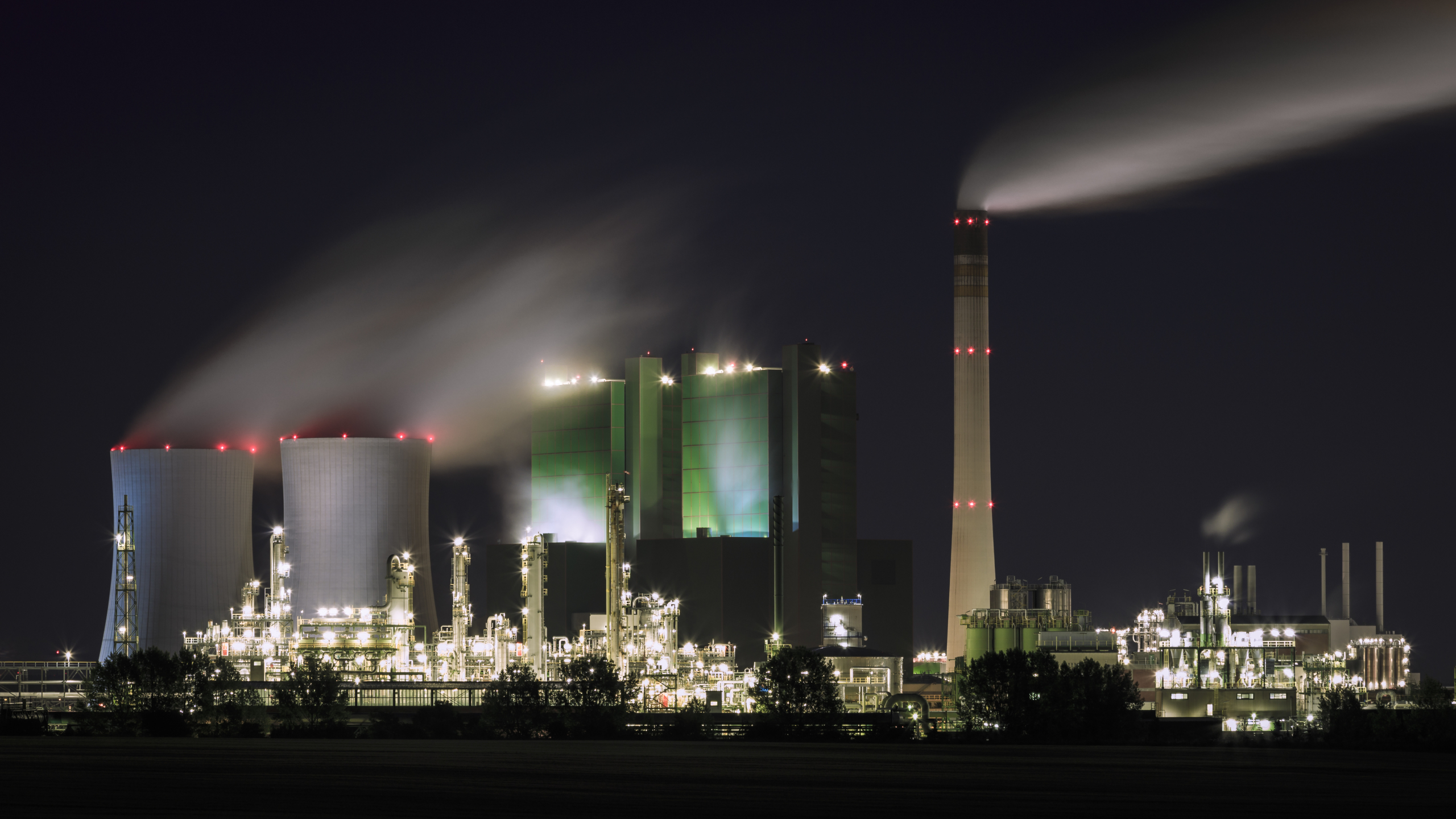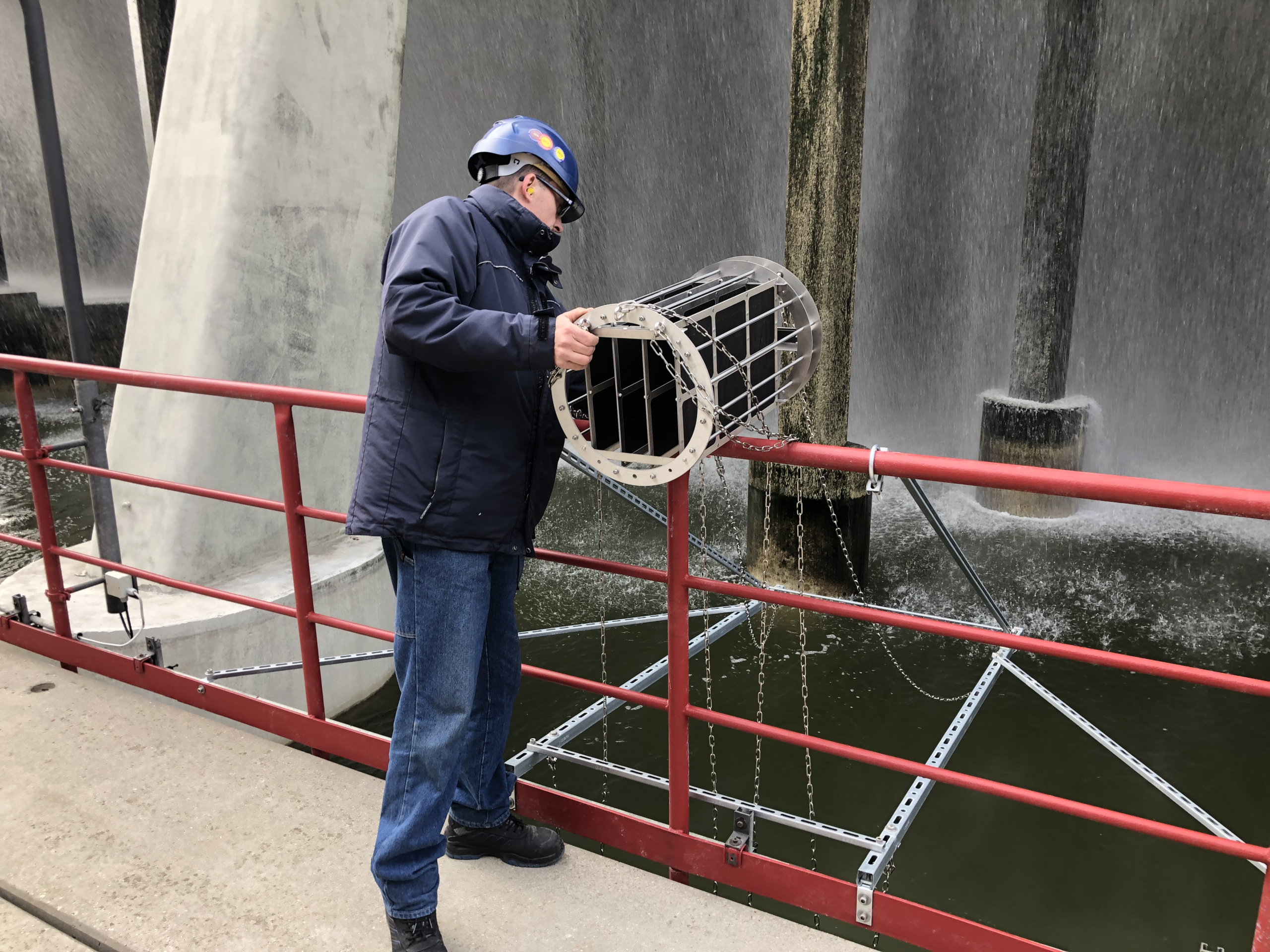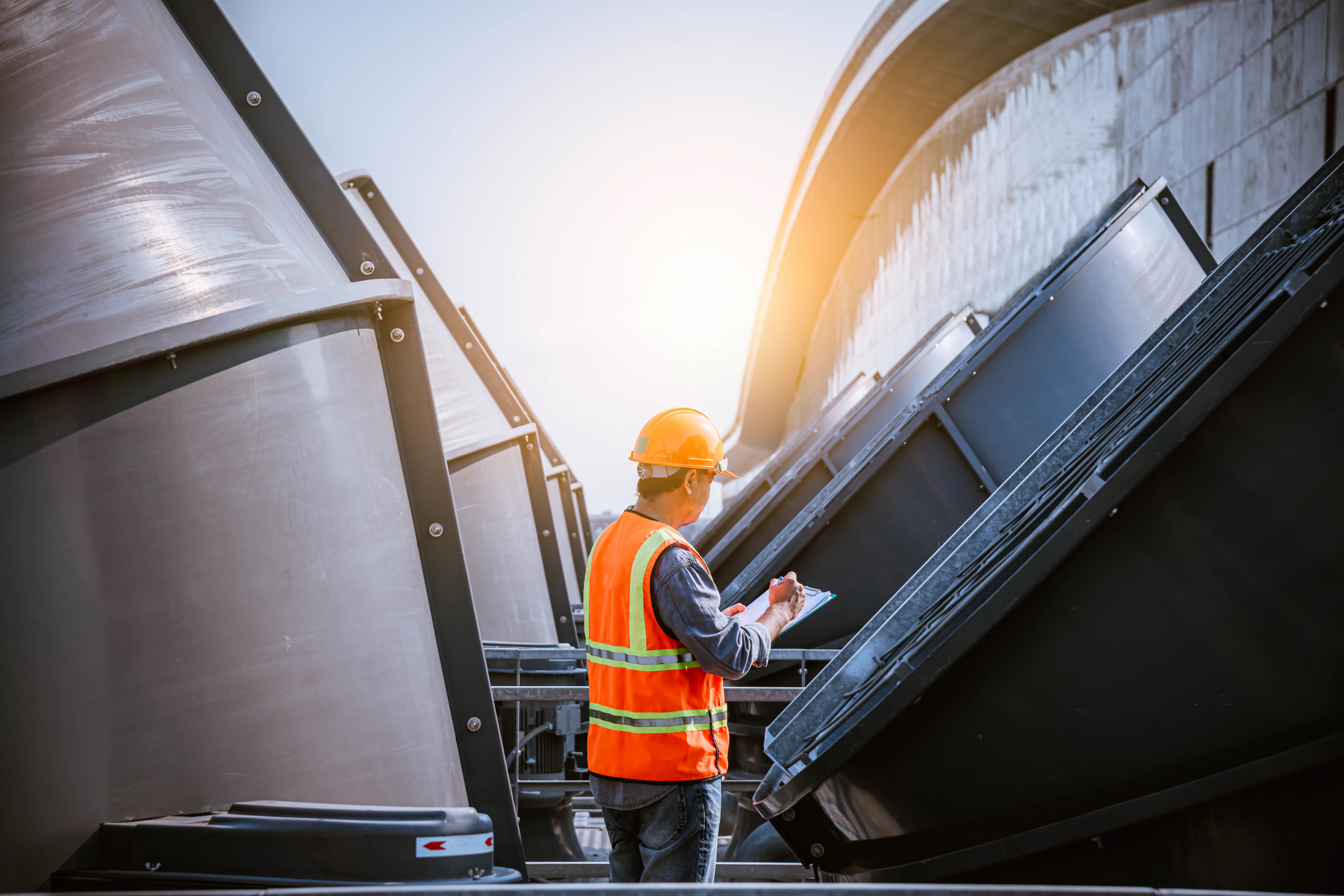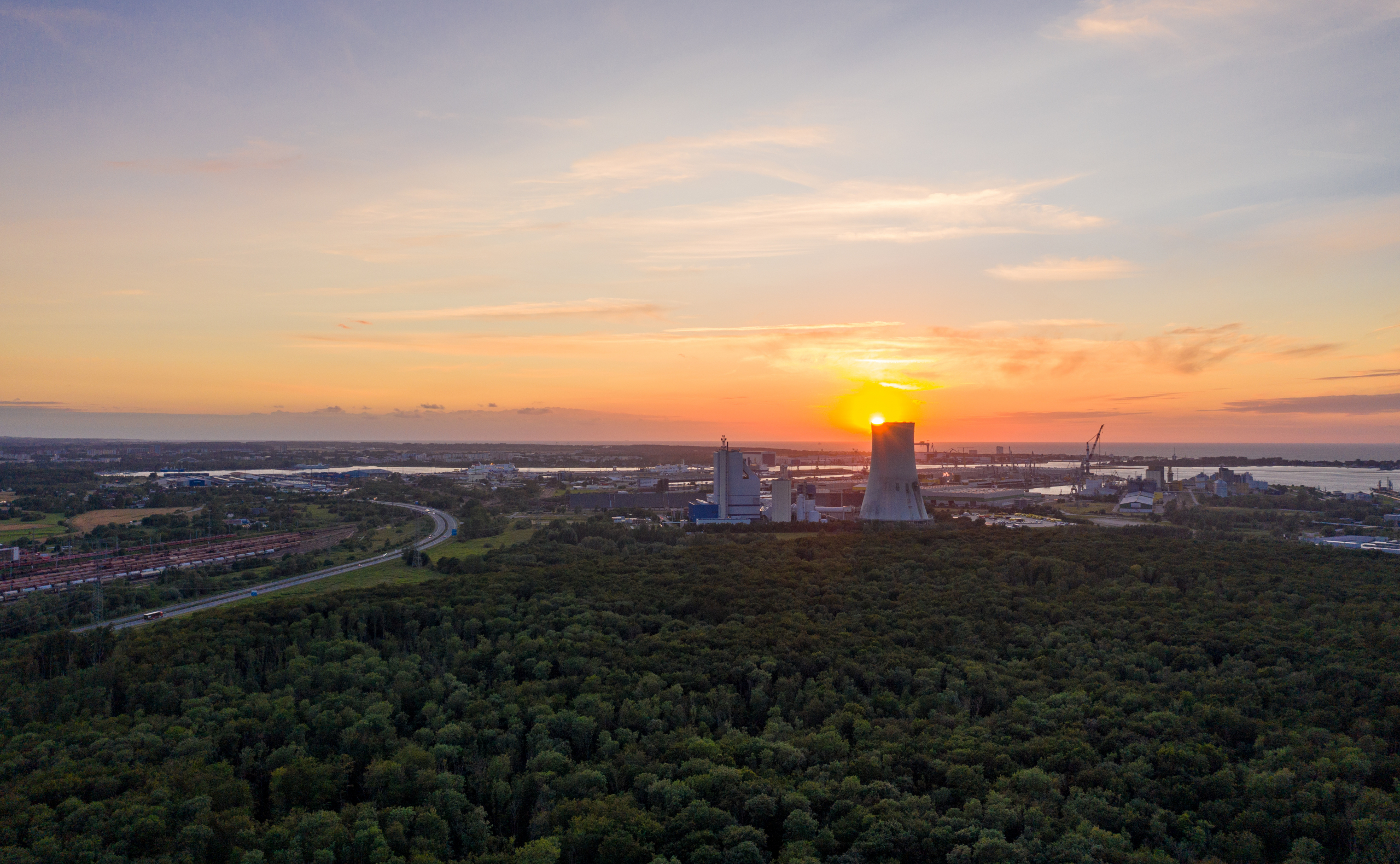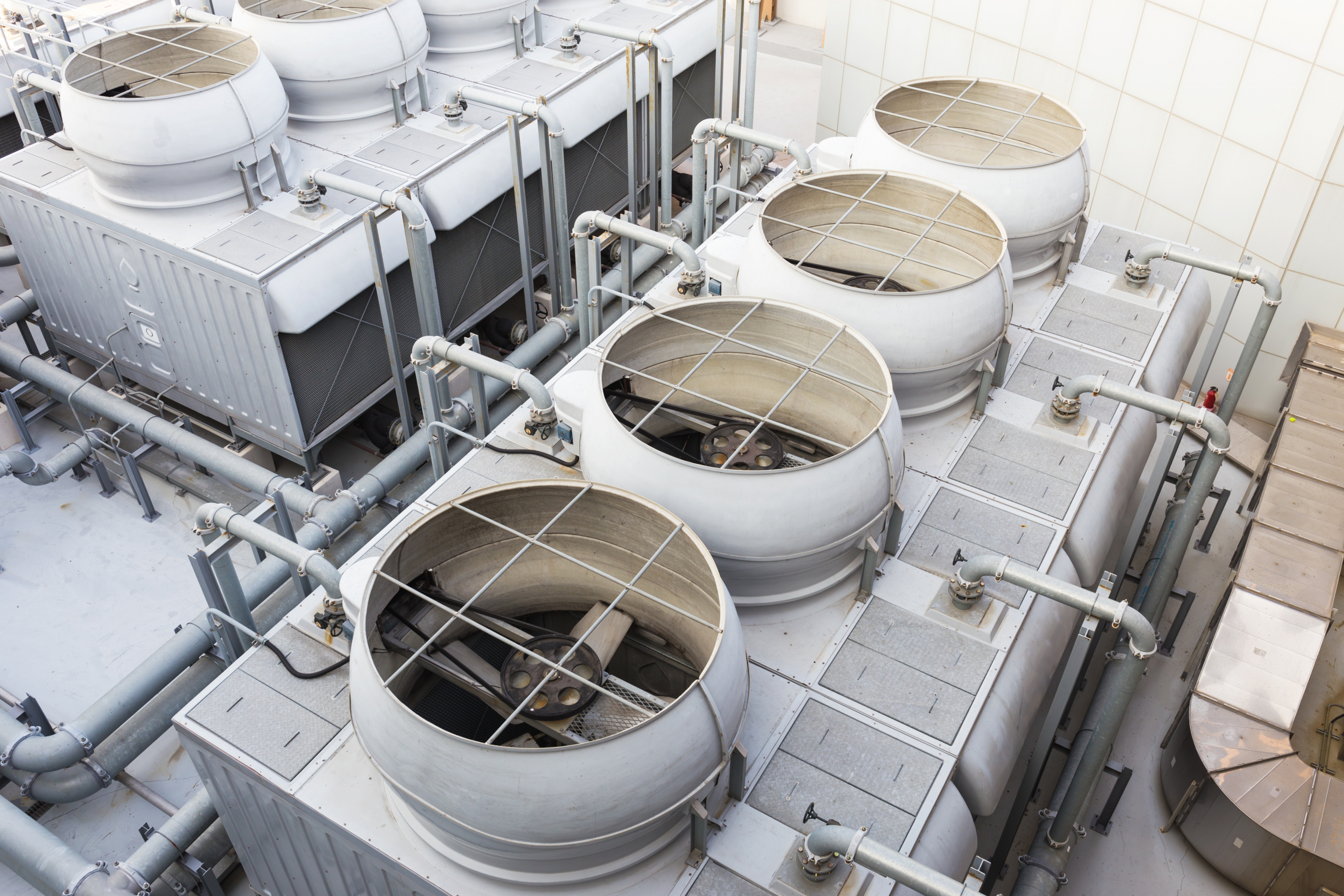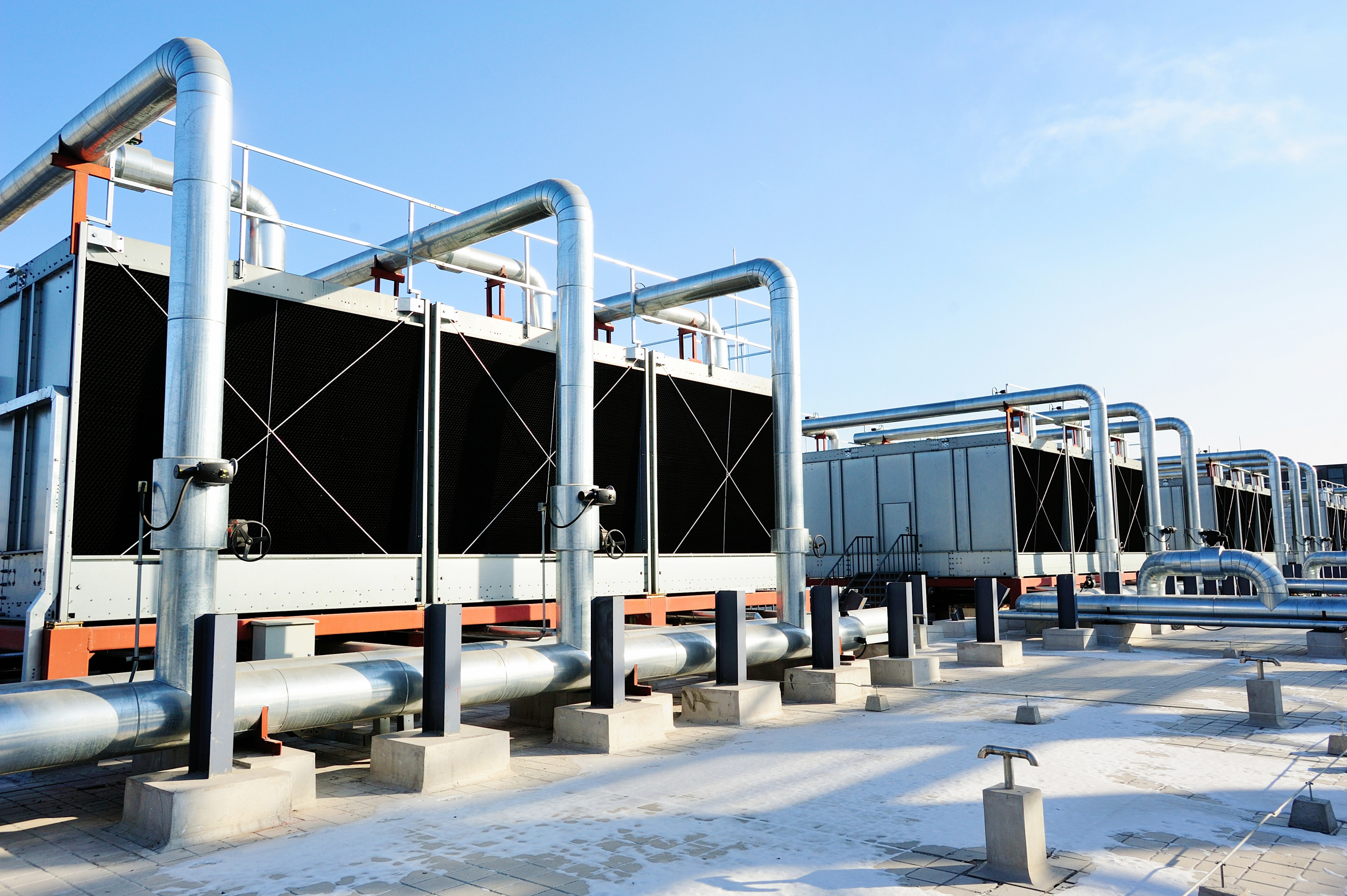Cooling Water
Cooling Water
Almost every chemical process involves a cooling step. Engineers worldwide have developed a wide range of cooling technologies to increase the efficiency of technical production processes.
In open water-based cooling circuits, energy transfer takes place through the partial evaporation of water. The changes in the water associated with the evaporation processes cause precipitation reactions and deposit effects. In addition, biofilm formation is favoured. In technical cooling systems, agglomeration and deposits of organic and inorganic substances are highly undesirable from both a technical and hygienical point of view. From an operational perspective, the main focus is on safeguarding the cooling capacity while at the same time complying with legal regulations.
MOL Katalysatortechnik GmbH offers sustainable strategies for efficient cooling water treatment. These enable you as the operator to achieve residue-free cooling water treatment in combination with special heterogeneous catalysts. Legal regulations and standards such as VDI 2047 Sheet 2; VDI 3803; 42nd BImSchV; AbwV Appendix 31 as well as TRGS 600 are safely complied with.
In addition to the strategies for efficient water treatment, we support you as an operator with the preparation of the risk assessment in accordance with the 42nd BImSchV (Federal Immission Control Ordinance for Cooling Circuits).
Your advantages with MOL technology:
- Safe – in handling
- Economical – in operation
- Compliant – in use

